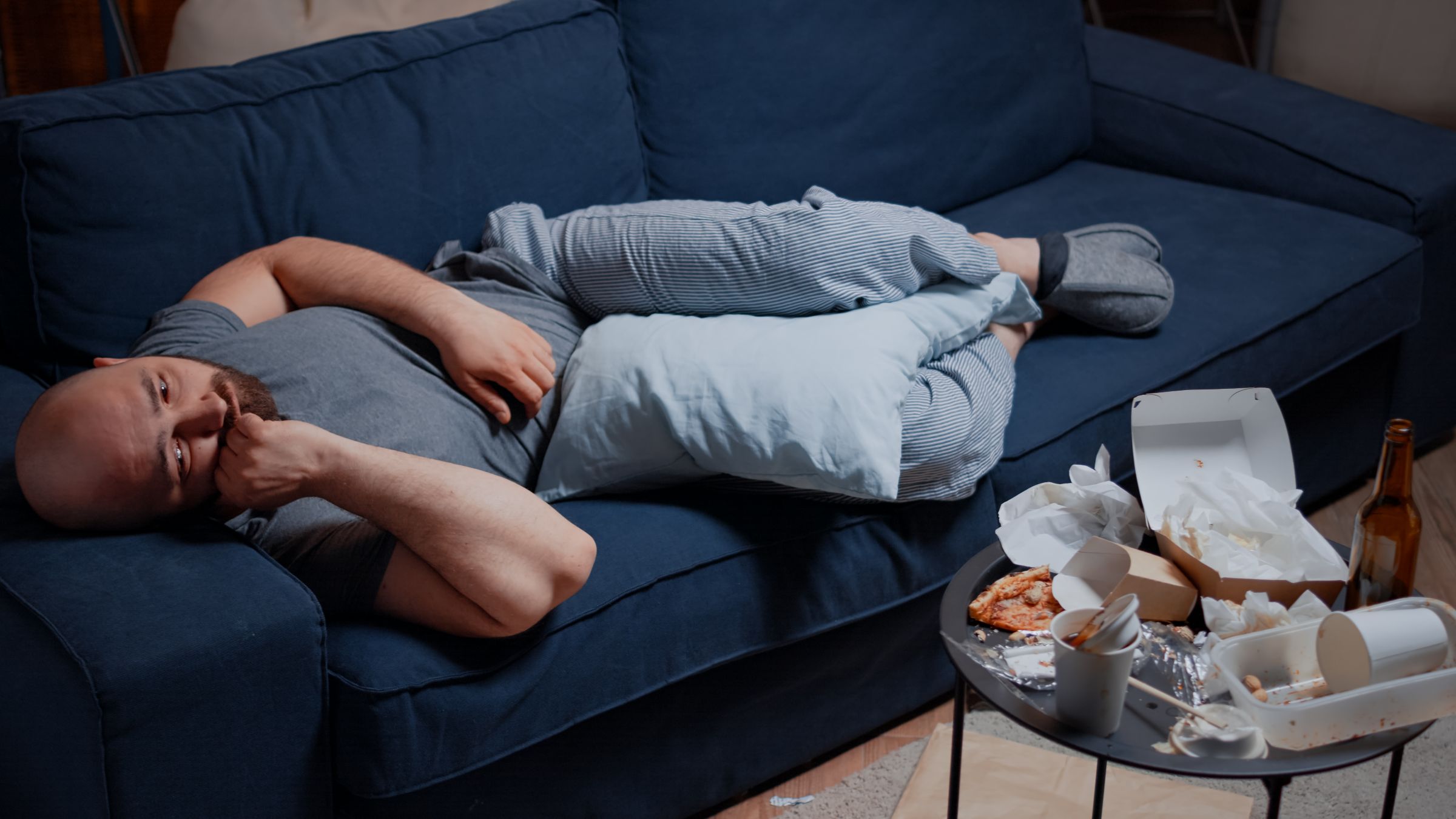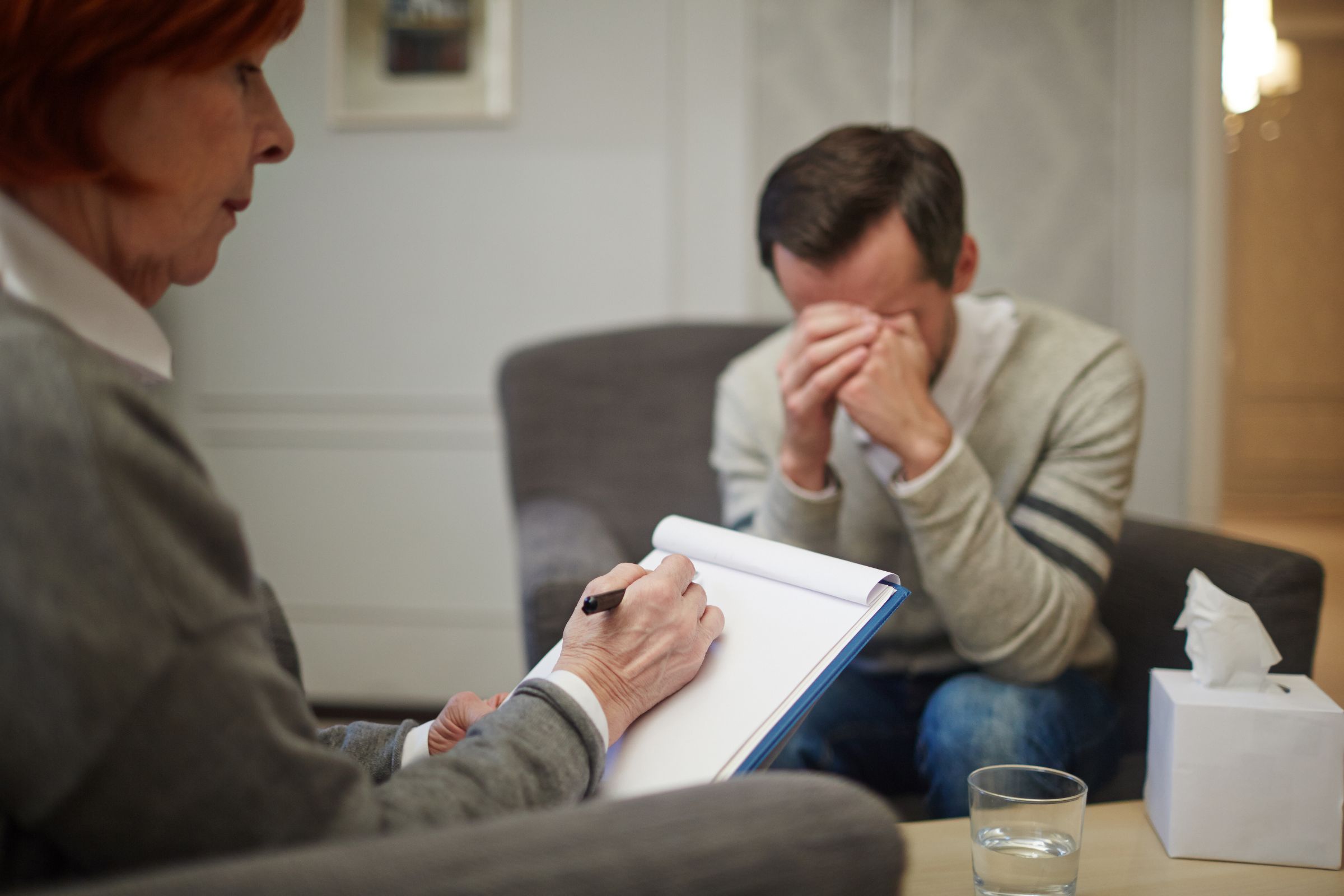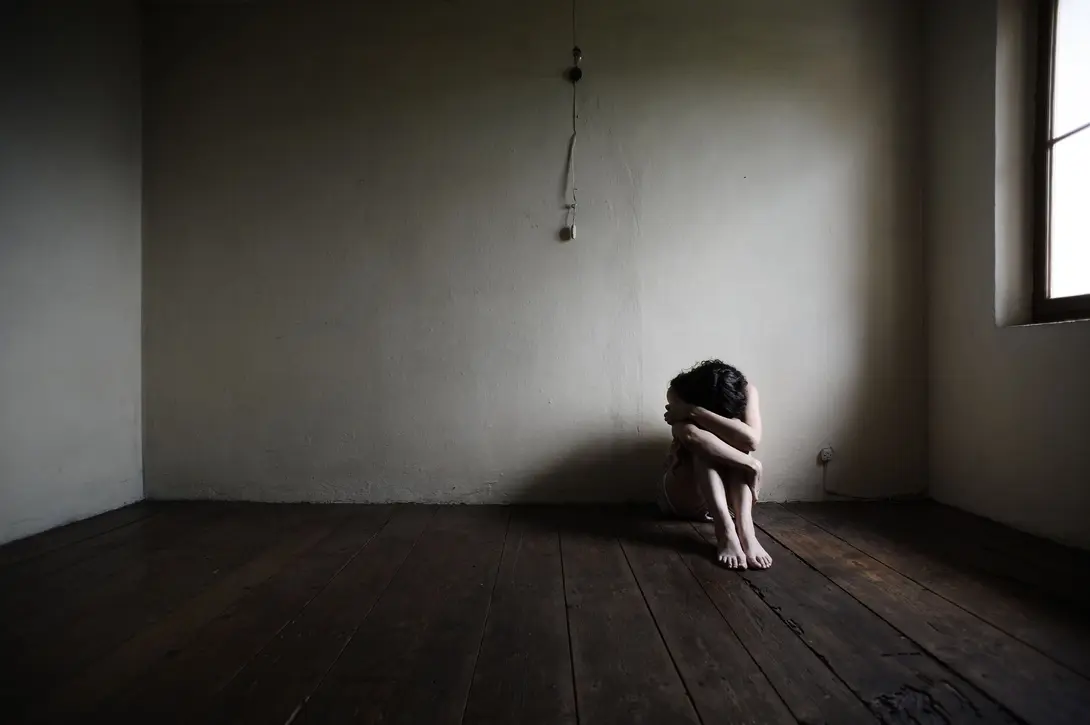Have you ever felt sad, unmotivated and not wanting to do the things you normally enjoy and you don't know why? Have you experienced these feelings for an extended period of time? If so, you may be dealing with depression.
What is depression?
Depression is a mental disorder that can affect anyone, regardless of age, gender, or personal situation. It can be difficult to identify, as the symptoms can vary from person to person and can be mistaken for temporary feelings of sadness or stress.
However, depression is characterized by a persistent feeling of sadness, loss of interest in daily activities, and a decrease in energy level that affects the ability to carry out daily tasks.
Depression often manifests itself as a feeling of emotional emptiness, and symptoms can include changes in appetite and weight, difficulty sleeping or sleeping too much, fatigue, difficulty concentrating, feelings of worthlessness or guilt, and thoughts about hurting ourselves.
These symptoms can vary in intensity and duration, and can affect different aspects of life, such as interpersonal relationships, work, physical health, and the ability to enjoy daily activities.
It's important to keep in mind that depression is a real medical condition and is not just a passing mood.

How does depression affect my daily life?
Depression can have a significant impact on our daily lives. One of the most important parts of our life, relationships, can be affected due to decreased interest in activities and lack of energy to maintain social contacts.
Work is also another area that can be affected by depression due to a lack of concentration and productivity, which can lead to problems in work performance and absence from work.
Depression can also have a negative impact on physical health, as it can affect appetite, sleep, and physical activity. Lack of exercise and a poor diet can make depression worse and lead to other health problems.
Also, depression can affect the ability to enjoy everyday activities, such as hobbies, sports, and pastimes. This can lead to a feeling of isolation and loneliness, which in turn can make symptoms of depression worse.
What are the risk factors for depression?
There are several risk factors that can cause depression, among the most common we can find:
- Family history of depression or mental disorders: If there is a history of depression in your family, you may be more predisposed to developing the condition.
- Traumatic experiences or stressful events: events such as the loss of a loved one, financial problems, difficult interpersonal relationships, among others, can increase the risk of developing depression.
- Physical health problems: Certain physical health conditions, such as chronic illnesses, chronic pain, and disabilities, can increase the risk of developing depression.
- Substance use: Drug and alcohol use can increase the risk of developing depression.
- Lifestyle factors: Lack of physical activity, an unhealthy diet, and lack of adequate sleep can also increase the risk of developing depression.

What treatments and therapies exist to treat depression?
Among the treatments and therapies to combat depression, there are several options available that can help you overcome this ta mental illness such as:
- Psychological therapy: Also known as talk therapy or psychotherapy, this option is one of the most effective for treating depression. It can be done individually or in a group and seeks to help you change negative thought patterns and behaviors that may be contributing to your depression.
- Antidepressants: These medications are used to treat moderate to severe depression and work by balancing certain chemicals in the brain that affect mood. It is important to note that these drugs must be prescribed and supervised by a health professional.
- Alternative therapies: There are many complementary therapies that can be helpful in treating depression, including acupuncture, meditation, and cognitive behavioral therapy (CBT). These therapies are not considered primary treatments for depression, but may be beneficial in combination with other treatment options.
- Exercise: Regular exercise can be very beneficial in improving mood and reducing symptoms of depression. It is recommended to do at least 30 minutes of moderate physical activity a day.
- Lifestyle changes: Some simple changes to your lifestyle can help reduce the symptoms of depression. These include getting enough sleep, eating a healthy, balanced diet, avoiding alcohol and drug use, and seeking social support.

Practical tips to take care of yourself if you have depression
- Exercise regularly: Exercise can help improve your mood and reduce symptoms of depression. Try to get at least 30 minutes of moderate exercise every day, such as walking, running, swimming, or biking.
- Eat a healthy diet: A healthy diet can help improve your mood and reduce symptoms of depression. Try to eat a variety of healthy foods, such as fruits, vegetables, lean proteins, and whole grains.
- Get enough sleep: Lack of sleep can make symptoms of depression worse. Try to get at least 7-8 hours of sleep each night and try to maintain a regular sleep schedule.
- Find activities you enjoy: Find activities that you enjoy and that help you relax. It can be something as simple as reading a book, listening to music, watching a movie, or spending time with friends and family.
- Seek support : Talk to friends and family about how you feel and seek their support. You may also consider joining a support group or talking to a mental health professional. Don't be afraid to seek help if you need it.
Why is it important to seek help if I feel depressed?
We should always keep in mind that depression is a serious mental disorder that affects our quality of life, our relationships, and our ability to carry out daily tasks. If left untreated, depression can get worse and lead to self-harming thoughts.
Seeking help for depression is the first step in regaining control of our lives. A mental health professional can help us identify and treat the symptoms of depression, and will provide us with the necessary tools and techniques to manage our negative emotions and thoughts.
It's common to feel that asking for help is a sign of weakness or that you should be able to handle the situation on your own, but this simply isn't true. Asking for help is an act of courage and a sign that you are willing to do whatever it takes to regain your mental health and well-being.
Remember that depression is not your fault and you don't have to face it alone. There are many treatment options available and there will always be people close to us willing to walk this path with you for support.

Comentarios